
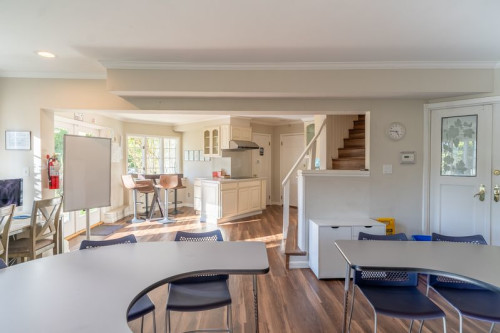







Paradigm Treatment - San Rafael Teen Program
This provider's information has been quality-checked by Recovery.com's Research Team for accuracy and completeness, including center verification through appropriate third-party organizations.
Treatment Focus
This center specializes in primary mental health treatment and offers programs for co-occurring substance use. You receive collaborative, individualized treatment for whole-person healing.
Primary Level of Care
Offering intensive care with 24/7 monitoring, residential treatment is typically 30 days and can cover multiple levels of care. Length can range from 14 to 90 days typically.
Treatment Focus
This center specializes in primary mental health treatment and offers programs for co-occurring substance use. You receive collaborative, individualized treatment for whole-person healing.
Primary Level of Care
Offering intensive care with 24/7 monitoring, residential treatment is typically 30 days and can cover multiple levels of care. Length can range from 14 to 90 days typically.
Provider's Policy
If you are interested in exploring the possibility of treatment for teen mental health, behavioral heath or addiction treatment at Paradigm Treatment, we can begin the insurance verification process immediately. We are happy to obtain your insurance policy information and seek verification on your behalf.
Paradigm Treatment - San Rafael Teen Program
Paradigm Treatment - San Rafael Teen Program
About Paradigm Treatment - San Rafael Teen Program
Since 2010, Paradigm Treatment has been providing residential treatment for teens ages 12-17 with mental health issues. Their medical and clinical teams delve deep to address the root causes of the struggles young people face in today’s stress-filled world. They work closely with youth and their families treating anxiety, depression, grief, trauma, mood and personality disorders, and co-occurring substance use. Paradigm Treatment notably provides 4 individual therapy sessions per week, plus multiple daily group sessions and regular family sessions, as well. Paradigm’s academic coordinators address academic issues so that students can resume studies after treatment, while experiential approaches such as yoga, meditation, and equine therapy empower clients to transform their lives. They work with most commercial insurance, are accredited by The Joint Commission, and are in-network with Anthem, Kaiser and MHN.
Recover in Beautiful Marin County with Compassionate Care
Paradigm’s 4 beautiful San Rafael locations offer a comfortable atmosphere for teens, all while providing the top notch clinical and therapeutic treatment they need to recover. With only 6 clients allowed at a time per house, care at Paradigm is wholly intimate and personal, offering a space for reflection and healing. Paradigm’s mission is to get to the root cause of mental health disorders, first beginning with thorough psychological, physical, and nutritional assessments. The staff at Paradigm Treatment in San Rafael are both accredited and dedicated, walking teens and young adults through mental disorders and light to moderate substance use with a caring, compassionate, and professional hand.
Time to Heal, Learn, And Grow
Paradigm's 30-90-day program gives clients ample time to heal before returning to life outside of residential treatment. To combine and balance clinical treatment with experiential modalities, Paradigm also offers plentiful on and off-site activities, like swimming, surfing, horseback riding, a hot tub, and much more. Academic collaboration may also be used during the school year to maintain continuity with home schools. The program sets aside 3 hours for school, 5 days a week.
Highlights from the Center
Highlights
These highlights are provided by and paid for by the center.
Pool
Master's and Doctoral Level Therapists
Private Rooms Available
Adolescents
Center Overview
Treatment Focus
At this center, you receive personalized care for mental health conditions. They provide therapy and tailor treatment to your unique needs, diagnoses, and preferences.
Joint Commission Accredited
The Joint Commission accreditation is a voluntary, objective process that evaluates and accredits healthcare organizations (like treatment centers) based on performance standards designed to improve quality and safety for patients. To be accredited means the treatment center has been found to meet the Commission's standards for quality and safety in patient care.

Insurance Accepted
Cash Pay Rates
Estimated Cash Pay Rate
Center pricing can vary based on program and length of stay. Contact the center for more information. Recovery.com strives for price transparency so you can make an informed decision.
More Paradigm Treatment Locations
Recovery.com Verified Listing
Recovery.com verified that the name, location, contact information and license to operate for this treatment provider are valid and up-to-date.
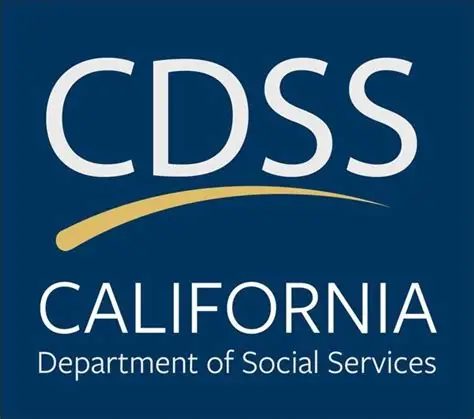
Licensed by California
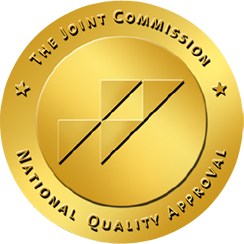
Joint Commission Accredited
Recovery.com is an independent, third-party mental health resource. Verification does not imply endorsement and does not guarantee the quality of treatment services.
Meet your care team
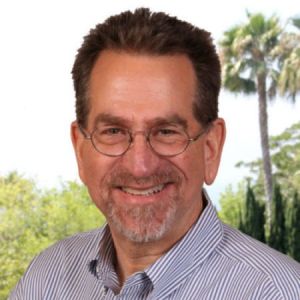
Dr. Scott Barshack
Psychiatrist
M.D.

Dr. Gina In
Psychiatrist
M.D.

Melissa Del Valle
Registered Nurse
B.A., M.S.
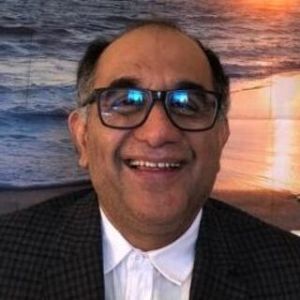
Nayeem Lokhandwala
Clinical Director
M.S., LLM

Ashley Frolich
Lead Therapist
B.A., M.A., AMFT, LCSW

Katrina Wisniewski
Therapist
AMFT
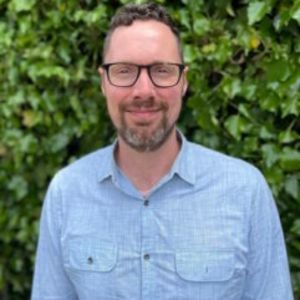
Stephen Gundlach
Therapist
LMFT
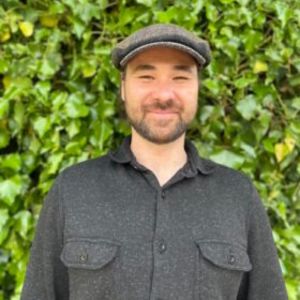
Michio Guss
Therapist
AMFT
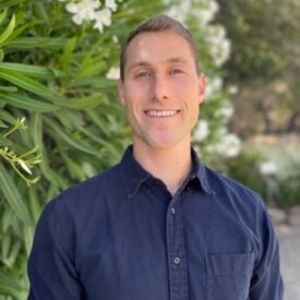
Alex Graham
Therapist
AMFT
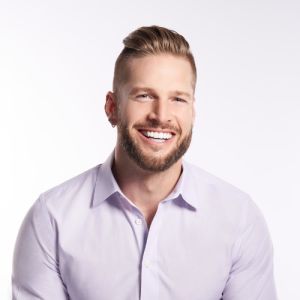
Kramer Dahl
Music Therapist
MT-BC

Stephanie Holdenried
Equine Therapist
CEIP

Judy Weston-Thompson
Equine Therapist
M.A., LMFT

Daniel Rauck
Yoga Instructor
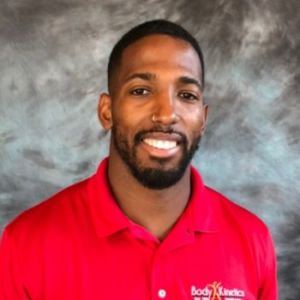
Marquis Hundley
Personal Trainer

Raman Sranna
Program Director




Treatment
Specializations
Residential
In a residential rehab program, patients live onsite, with access to daily treatment and 24-hour care. An average stay is 30-90 days.
Anxiety
Anxiety is a common mental health condition that can include excessive worry, panic attacks, physical tension, and increased blood pressure.
Depression
Symptoms of depression may include fatigue, a sense of numbness, and loss of interest in activities. This condition can range from mild to severe.
Suicidality
With suicidality, a person fantasizes about suicide, or makes a plan to carry it out. This is a serious mental health symptom.
Co-Occurring Disorders
A person with multiple mental health diagnoses, such as addiction and depression, has co-occurring disorders also called dual diagnosis.
Adolescents
Teens receive the treatment they need for mental health disorders and addiction, with the added support of educational and vocational services.
Licensed Primary Mental Health
Some primary care providers offer mental health diagnosis and treatment. This can prevent patients from developing more serious conditions.
Personality Disorders
Personality disorders destabilize the way a person thinks, feels, and behaves. If untreated, they can undermine relationships and lead to severe distress.
Who We Treat
Adolescents
Teens receive the treatment they need for mental health disorders and addiction, with the added support of educational and vocational services.
Treatment Services
Residential
In a residential rehab program, patients live onsite, with access to daily treatment and 24-hour care. An average stay is 30-90 days.
Licensed Primary Mental Health
Some primary care providers offer mental health diagnosis and treatment. This can prevent patients from developing more serious conditions.
Approaches
Twelve Step
Incorporating spirituality, community, and responsibility, 12-Step philosophies prioritize the guidance of a Higher Power and a continuation of 12-Step practices.
Experiential
Expressive tools and therapies help patients process past situations, learn more about themselves, and find healing through action.
Evidence-Based
A combination of scientifically rooted therapies and treatments make up evidence-based care, defined by their measured and proven results.
Family Involvement
Providers involve family in the treatment of their loved one through family therapy, visits, or both–because addiction is a family disease.
Individual Treatment
Individual care meets the needs of each patient, using personalized treatment to provide them the most relevant care and greatest chance of success.
Therapies
1-on-1 Counseling
Patient and therapist meet 1-on-1 to work through difficult emotions and behavioral challenges in a personal, private setting.
Family Therapy
Family therapy addresses group dynamics within a family system, with a focus on improving communication and interrupting unhealthy relationship patterns.
Equine Therapy
Guided interactions with trained horses, their handler, and a therapist can help patients improve their self-esteem, trust, empathy, and social skills.
Twelve Step Facilitation
12-Step groups offer a framework for addiction recovery. Members commit to a higher power, recognize their issues, and support each other in the healing process.
Art Therapy
Visual art invites patients to examine the emotions within their work, focusing on the process of creativity and its gentle therapeutic power.
Trauma-Specific Therapy
This form of talk therapy addresses any childhood trauma at the root of a patient's current diagnosis.
Conditions We Treat
Post Traumatic Stress Disorder
PTSD is a long-term mental health issue caused by a disturbing event or events. Symptoms include anxiety, dissociation, flashbacks, and intrusive thoughts.
Anxiety
Anxiety is a common mental health condition that can include excessive worry, panic attacks, physical tension, and increased blood pressure.
Depression
Symptoms of depression may include fatigue, a sense of numbness, and loss of interest in activities. This condition can range from mild to severe.
Grief and Loss
Grief is a natural reaction to loss, but severe grief can interfere with your ability to function. You can get treatment for this condition.
Suicidality
With suicidality, a person fantasizes about suicide, or makes a plan to carry it out. This is a serious mental health symptom.
Personality Disorders
Personality disorders destabilize the way a person thinks, feels, and behaves. If untreated, they can undermine relationships and lead to severe distress.
Bipolar
This mental health condition is characterized by extreme mood swings between depression, mania, and remission.
Trauma
Some traumatic events are so disturbing that they cause long-term mental health problems. Those ongoing issues can also be referred to as "trauma."
Self-Harm
The act of intentionally harming oneself, also called self-injury, is associated with mental health issues like depression.
ADHD, ADD
ADHD is a common mental health condition caused by dopamine imbalance. Common symptoms include inattention, hyperactivitiy, and impulsivity.
Substances We Treat
Co-Occurring Disorders
A person with multiple mental health diagnoses, such as addiction and depression, has co-occurring disorders also called dual diagnosis.
Drug Addiction
Drug addiction is the excessive and repetitive use of substances, despite harmful consequences to a person's life, health, and relationships.
Alcohol
Using alcohol as a coping mechanism, or drinking excessively throughout the week, signals an alcohol use disorder.
Languages
Experience
Personal Amenities
Amenities
Special Considerations
Healthy Meals are provided
Great food meets great treatment, with providers serving healthy meals to restore nutrition, wellbeing, and health.
Activities
Yoga
Yoga is both a physical and spiritual practice. It includes a flow of movement, breathing techniques, and meditation.
Off-Site Activities
Off-Site Amenities

What people are saying
We love hearing about your treatment experience
Help individuals and families seeking treatment by sharing your first-hand experience with this treatment provider. Review Guidelines.





